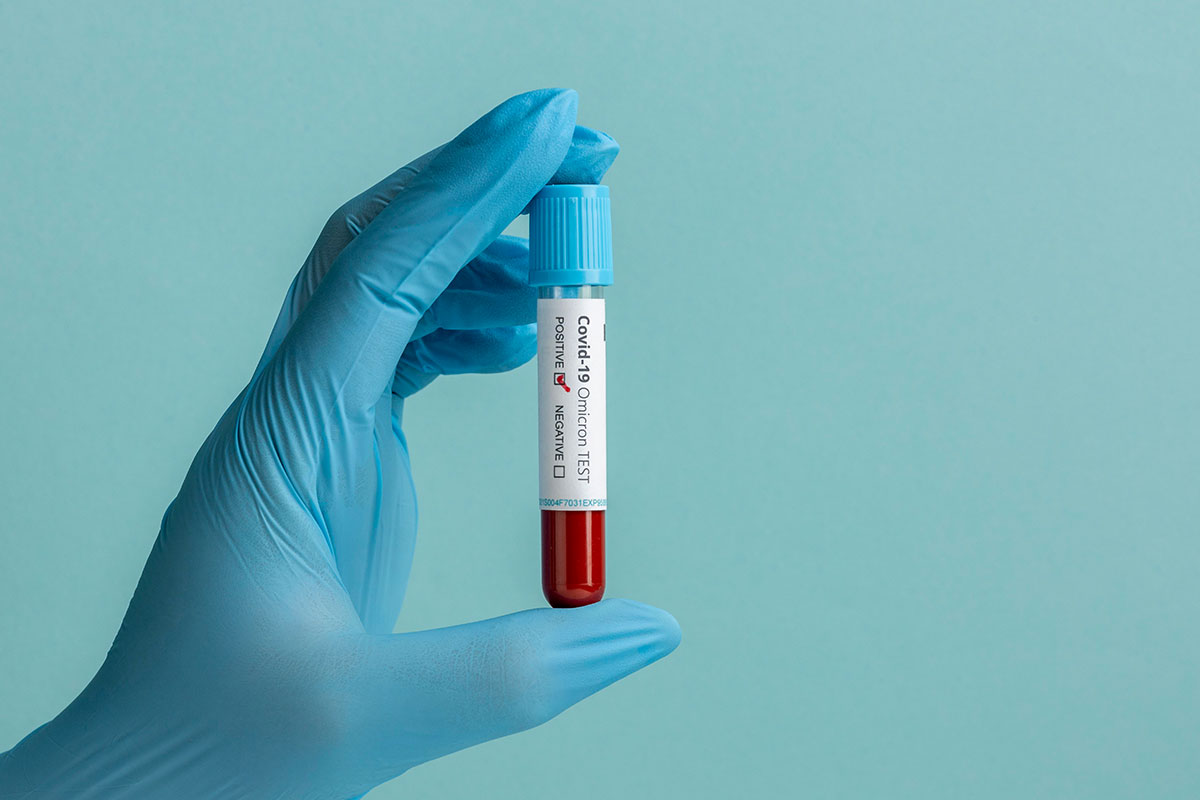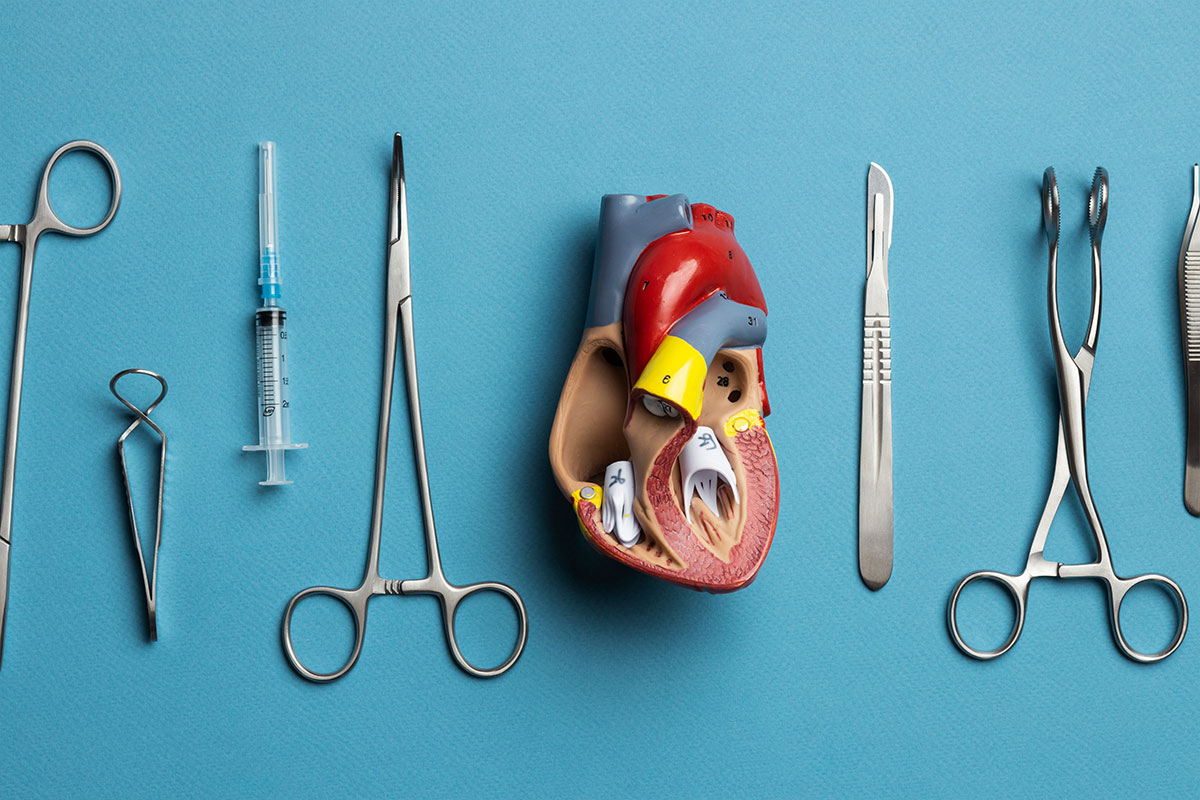
Women and Heart Disease: Understanding the Risks and Prevention
By in
Mar 27, 2023
Heart disease is a major health concern for women worldwide, and it’s on the rise in India. Understanding the risk factors, signs, and symptoms of heart disease in women is essential for early detection and prevention.
Risk Factors for Heart Disease in Women:
- High blood pressure: High blood pressure is a significant risk factor for heart disease in women. Women should monitor their blood pressure regularly and take steps to keep it under control.
- High cholesterol levels: High levels of LDL cholesterol can lead to the buildup of plaque in the arteries, increasing the risk of heart disease in women. Eating a healthy diet and getting regular exercise can help keep cholesterol levels in check.
- Obesity: Being overweight or obese increases the risk of heart disease in women. Maintaining a healthy weight through a balanced diet and regular exercise can reduce the risk.
- Diabetes: Diabetes is a risk factor for heart disease in women, and women with diabetes should take extra care to manage their blood sugar levels.
- Smoking: Smoking is a significant risk factor for heart disease in women. Quitting smoking can reduce the risk of heart disease and improve overall health.
Signs and Symptoms of Heart Disease in Women:
- Chest pain: Women may experience chest pain during a heart attack, but the pain may be less severe or even absent in some cases.
- Shortness of breath: Women may experience shortness of breath during physical activity or at rest, which can be a sign of heart disease.
- Fatigue: Feeling tired or fatigued, even after a good night’s sleep, can be a sign of heart disease in women.
- Nausea, vomiting, and dizziness: These symptoms can be a sign of heart disease, especially if they occur with other symptoms.
- Pain in the back, shoulders, and jaw: Women may experience pain or discomfort in these areas during a heart attack.
Prevention of Heart Disease in Women:
- Healthy diet: Eating a healthy diet that is low in saturated fat, trans fat, and cholesterol can reduce the risk of heart disease in women.
- Regular Exercise: Getting regular exercise can help reduce the risk of heart disease and improve overall health.
- Healthy weight: Maintaining a healthy weight through diet and exercise can reduce the risk of heart disease.
- Stress management: Stress can increase the risk of heart disease, so women should practice stress-reducing activities such as meditation, yoga, or deep breathing exercises.
- Quit smoking: Quitting smoking is essential for reducing the risk of heart disease in women.
4Diagnosis and Treatment of Heart Disease in Women:
- Diagnostic tests: Diagnostic tests such as ECG, echocardiography, stress test, and angiography can help diagnose heart disease in women.
- Lifestyle changes: Making lifestyle changes such as eating a healthy diet, getting regular exercise, and quitting smoking can help manage heart disease in women.
- Medications: Medications such as aspirin, statins, and beta-blockers can help manage heart disease in women.
- Surgical intervention: In some cases, surgical intervention such as angioplasty or bypass surgery may be necessary to treat heart disease in women.
The Importance of Awareness and Education:
- Increasing awareness: Women should be aware of the risk factors, signs, and symptoms of heart disease and take preventive measures.
- Education programs: Education programs aimed at women can help increase awareness and promote healthy lifestyle changes.
In conclusion, understanding the risk factors, signs, and symptoms of heart disease in women is crucial for early detection and prevention. Women should take steps to reduce their risk of heart disease, such as maintaining a healthy diet, getting regular exercise, and quitting smoking.







